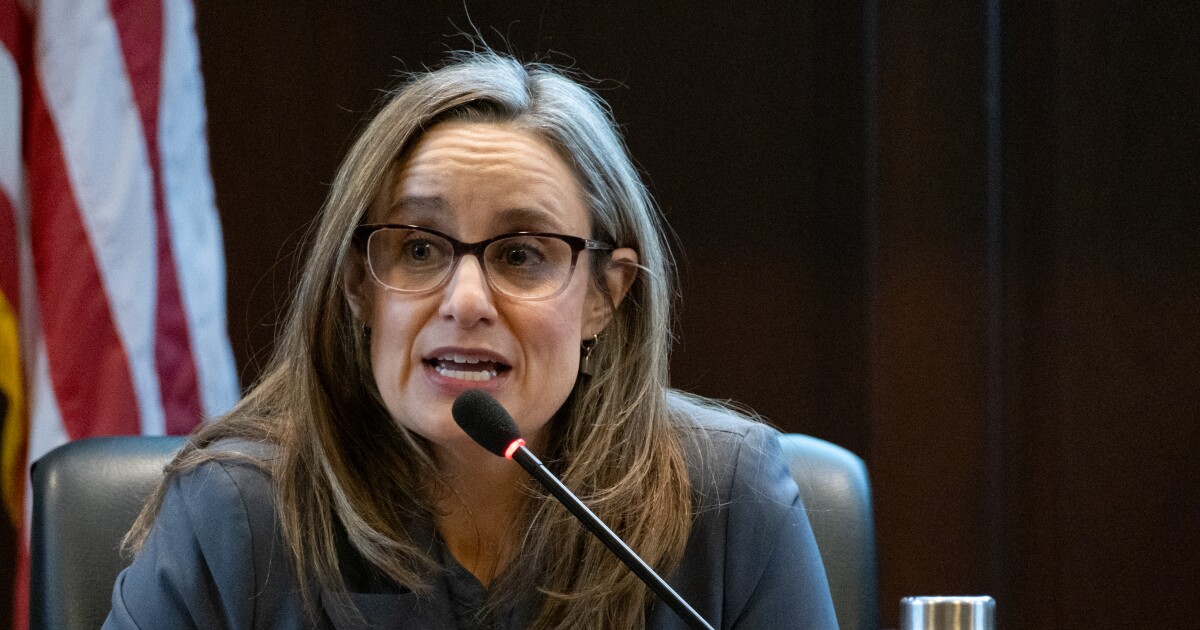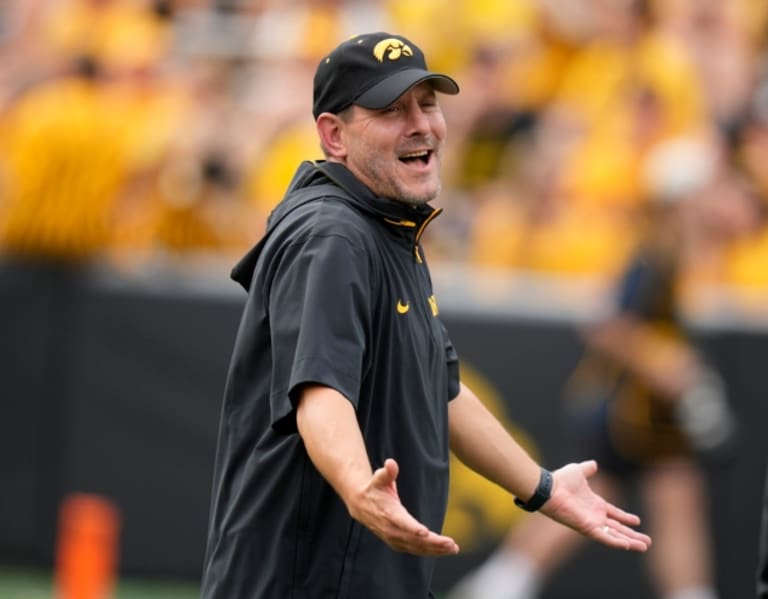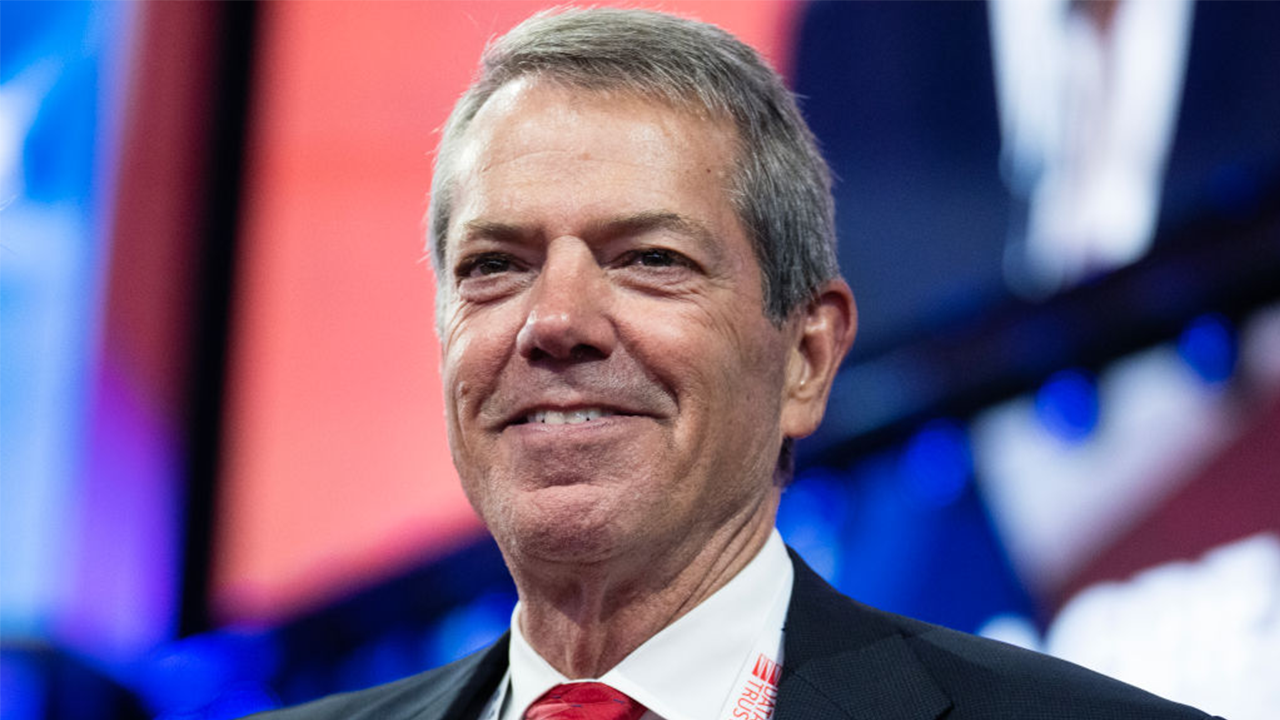World
Diplomatic tour by Ukraine’s Zelenskyy highlights Putin’s stark isolation

TALLINN, Estonia (AP) — While the world awaits Ukraine’s spring battlefield offensive, its leader, Volodymyr Zelenskyy, has launched a diplomatic one. In the span of a week, he’s dashed to Italy, the Vatican, Germany, France and Britain to shore up support for defending his country.
On Friday, he was in Saudi Arabia to meet with Arab leaders, some of whom are allies with Moscow.
Russian President Vladimir Putin, in the meantime, was at home, facing unprecedented international isolation, with an International Criminal Court arrest warrant hanging over his head and clouding the prospects of traveling to many destinations, including those viewed as Moscow’s allies.
With his invasion of Ukraine, “Putin took a gamble and lost really, really big time,” said Theresa Fallon, director of the Brussels-based Centre for Russia Europe Asia Studies. “He is an international pariah, really.”
It was only 10 years ago when Putin stood proudly among his peers at the time -– Barack Obama, Angela Merkel and Shinzo Abe – at a Group of Eight summit in Northern Ireland. Russia has since been kicked out of the group, which consists of Canada, France, Germany, Italy, Japan, Britain and the United States, for illegally annexing Crimea in 2014.
Now it appears to be Ukraine’s turn in the spotlight.
There were conflicting messages from Kyiv whether Zelenskyy would attend the G7 in Japan on Sunday. The secretary of Ukraine’s National Security and Defense Council said on national television the president would be there, but the council later walked back those remarks, saying Zelenskyy would join via video link. The president’s office would not confirm either way for security reasons.
But whether in person or via video, it would be of great symbolic and geopolitical significance.
“It conveys the fact that the G7 continues to strongly support Ukraine,” said Nigel Gould-Davies, senior fellow for Russia and Eurasia at the International Institute for Strategic Studies. “It’s a visible marker of the continued commitment of the most highly industrialized and highly developed countries in the world.”
It also comes at a time when the optics are just not in the Kremlin’s favor.
There’s uncertainty over whether Putin can travel to Cape Town in August for a summit of the BRICS nations of Brazil, Russia, India, China and South Africa.
Moscow has long showcased the alliance as an alternative to the West’s global dominance, but this year it is already proving awkward for the Kremlin. South Africa, the host of the summit, is a signatory to the ICC and is obligated to comply with the arrest warrant on war crimes charges.
South Africa has not announced that Putin will definitely come to the summit but has been planning for his possible arrival. South African President Cyril Ramaphosa has appointed an inter-ministerial committee, led by Deputy President Paul Mashatile, to consider South Africa’s options with regard to its ICC commitment over Putin’s possible trip.
While it is highly unlikely the Russian president would be arrested there if he decides to go, the public debate about whether he can is in itself “an unwelcome development whose impact should not be underestimated,” according to Gould-Davies.
Then there are Moscow’s complicated relations with its own neighbors. Ten days ago, Putin projected the image of solidarity, with leaders of Armenia, Belarus and Central Asian states standing beside him at a Victory Day military parade on Red Square.
This week, however, the leaders of Kazakhstan, Kyrgyzstan, Tajikistan, Turkmenistan and Uzbekistan flocked to China and met with leader Xi Jinping at a summit that highlighted the erosion of Russia’s influence in the region as Beijing seeks to make economic inroads into Central Asia.
Xi is using the opportunity “of a weakened Russia, a distracted Russia, almost a pariah-state Russia to increase (China’s) influence in the region,” Fallon said.
Putin’s effort this month to shore up more friends in the South Caucasus by scrapping visa requirements for Georgian nationals and lifting a four-year ban on direct flights to the country also didn’t appear to go as smoothly as the Kremlin may have hoped.
The first flight that landed Friday in Georgia was met with protests, and the country’s pro-Western president has decried the move as a provocation.
Zelenskyy’s ongoing world tour, in the meantime, can be seen as a success on many levels.
European leaders promised him an arsenal of missiles, tanks and drones, and even though no commitment has been made on fighter jets – something Kyiv has wanted for months – a conversation about finding ways to do it has begun.
His appearance Friday at the Arab League summit in Jeddah, a Saudi Arabian port on the Red Sea, highlighted Kyiv’s effort to spread its plight for support far and wide, including in some countries whose sympathies are with Russia.
In addition to Zelenskyy, Saudi Crown Prince Mohammed bin Salman also welcomed Syrian President Bashar Assad at the summit after a 12-year suspension – something analysts say aligns with Moscow’s interests.
Anna Borshchevskaya, a senior fellow at the Washington Institute who focuses on Russia’s policy in the Middle East, called it “another testament to the fact that Russia is not isolated globally for its invasion of Ukraine, that the Middle East is one part of the world where Russia is able to find avenues to avoid global isolation – both ideological isolation but also economic isolation.”
She added that Zelenskyy and his government deserve credit for “in recognizing that they need to reach out more to improve their diplomatic efforts in this part of the world and other parts of the world where the Russian narrative resonates.”
Kyiv could expect that “this is the beginning of a larger shift in perception that could eventually translate into potential support,” Borshchevskaya said.
Similarly, the Ukrainian president’s participation in the G7 summit is “a message to the rest of the world, to Russia and beyond, and the so-called Global South,” Gould-Davies believes.
There is a concern in the West over the extent to which some major developing economies – Brazil, South Africa and, to a degree, India – “are not criticizing, not condemning Russia and indeed in various ways are helping to mitigate the impact of sanctions on Russia,” he said.
“Collectively, economically, they matter. So there is, I think, this felt need for a renewed diplomatic campaign to bring some of these most important states into the kind of the Western way of looking at these things,” Gould-Davies said.
___
Associated Press writers Danica Kirka in London and Gerald Imray in Cape Town, South Africa, contributed.
___
Follow AP’s coverage of the war in Ukraine at https://apnews.com/hub/russia-ukraine

World
What a merger between Nissan and Honda means for the automakers and the industry
BANGKOK (AP) — Japanese automakers Honda and Nissan will attempt to merge and create the world’s third-largest automaker by sales as the industry undergoes dramatic changes in its transition away from fossil fuels.
The two companies said they had signed a memorandum of understanding on Monday and that smaller Nissan alliance member Mitsubishi Motors also had agreed to join the talks on integrating their businesses. Honda will initially lead the new management, retaining the principles and brands of each company.
Following is a quick look at what a combined Honda and Nissan would mean for the companies, and for the auto industry.
An industry shakeup
The ascent of Chinese automakers is rattling the industry at a time when manufacturers are struggling to shift from fossil fuel-driven vehicles to electrics. Relatively inexpensive EVs from China’s BYD, Great Wall and Nio are eating into the market shares of U.S. and Japanese car companies in China and elsewhere.
Japanese automakers have lagged behind big rivals in EVs and are now trying to cut costs and make up for lost time.
Nissan, Honda and Mitsubishi announced in August that they will share components for electric vehicles like batteries and jointly research software for autonomous driving to adapt better to dramatic changes in the auto industry centered around electrification. A preliminary agreement between Honda, Japan’s second-largest automaker, and Nissan, third largest, was announced in March.
A merger could result in a behemoth worth about $55 billion based on the market capitalization of all three automakers.
Joining forces would help the smaller Japanese automakers add scale to compete with Japan’s market leader Toyota Motor Corp. and with Germany’s Volkswagen AG. Toyota itself has technology partnerships with Japan’s Mazda Motor Corp. and Subaru Corp.
What would Honda need from Nissan?
Nissan has truck-based body-on-frame large SUVs such as the Armada and Infiniti QX80 that Honda doesn’t have, with large towing capacities and good off-road performance, said Sam Fiorani, vice president of AutoForecast Solutions.
Nissan also has years of experience building batteries and electric vehicles, and gas-electric hybird powertrains that could help Honda in developing its own EVs and next generation of hybrids, he said.
“Nissan does have some product segments where Honda doesn’t currently play,” that a merger or partnership could help, said Sam Abuelsamid, a Detroit-area automotive industry analsyt.
While Nissan’s electric Leaf and Ariya haven’t sold well in the U.S., they’re solid vehicles, Fiorani said. “They haven’t been resting on their laurels, and they have been developing this technology,” he said. “They have new products coming that could provide a good platform for Honda for its next generation.”
Why now?
Nissan said last month that it was slashing 9,000 jobs, or about 6% of its global work force, and reducing global production capacity by 20% after reporting a quarterly loss of 9.3 billion yen ($61 million).
Earlier this month it reshuffled its management and its chief executive, Makoto Uchida, took a 50% pay cut to take responsibility for the financial woes, saying Nissan needed to become more efficient and respond better to market tastes, rising costs and other global changes.
Fitch Ratings recently downgraded Nissan’s credit outlook to “negative,” citing worsening profitability, partly due to price cuts in the North American market. But it noted that it has a strong financial structure and solid cash reserves that amounted to 1.44 trillion yen ($9.4 billion).
Nissan’s share price has fallen to the point where it is considered something of a bargain. A report in the Japanese financial magazine Diamond said talks with Honda gained urgency after the Taiwan maker of iPhones Hon Hai Precision Industry Co., better known as Foxconn, began exploring a possible acquisition of Nissan as part of its push into the EV sector.
The company has struggled for years following a scandal that began with the arrest of its former chairman Carlos Ghosn in late 2018 on charges of fraud and misuse of company assets, allegations that he denies. He eventually was released on bail and fled to Lebanon.
Honda reported its profits slipped nearly 20% in the first half of the April-March fiscal year from a year earlier, as sales suffered in China.
More headwinds
Toyota made 11.5 million vehicles in 2023, while Honda rolled out 4 million and Nissan produced 3.4 million. Mitsubishi Motors made just over 1 million. Even after a merger Toyota would remain the leading Japanese automaker.
All the global automakers are facing potential shocks if President-elect Donald Trump follows through on threats to raise or impose tariffs on imports of foreign products, even from allies like Japan and neighboring countries like Canada and Mexico. Nissan is among the major car companies that have adjusted their supply chains to include vehicles assembled in Mexico.
Meanwhile, analysts say there is an “affordability shift” taking place across the industry, led by people who feel they cannot afford to pay nearly $50,000 for a new vehicle. In American, a vital market for companies like Nissan, Honda and Toyota, that’s forcing automakers to consider lower pricing, which will eat further into industry profits.
____
AP Auto Writer Tom Krisher contributed to this report from Detroit.
World
US military conducts successful airstrikes on Houthi rebel forces in Yemen
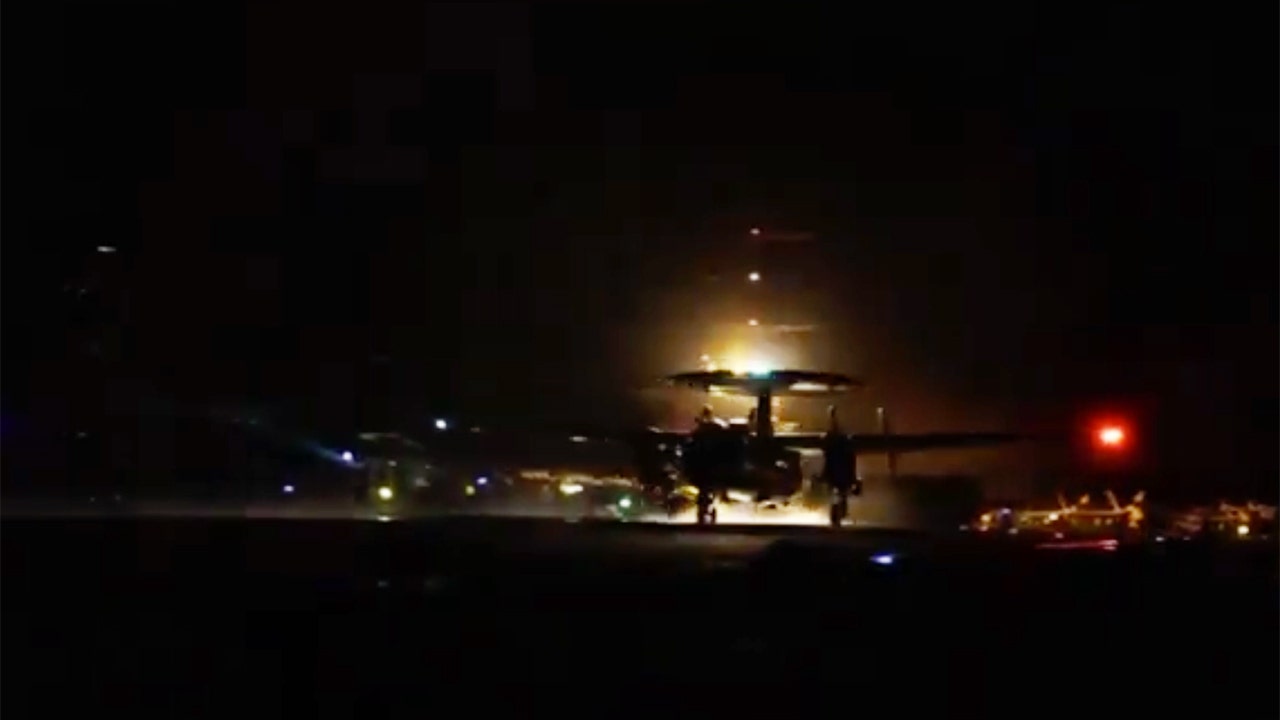
The U.S. military confirmed it conducted airstrikes in Yemen, saying it targeted a missile storage site and a command-and-control center operated by Iran-backed Houthi rebels.
U.S. Central Command (CENTCOM) announced the successful strikes in a release Saturday, saying they were meant to “disrupt and degrade” Houthi operations.
“CENTCOM forces conducted the deliberate strikes to disrupt and degrade Houthi operations, such as attacks against U.S. Navy warships and merchant vessels in the Southern Red Sea, Bab al-Mandeb and Gulf of Aden,” CENTCOM said in a news release.
DISAPPROVAL MOUNTS BOTH AT HOME AND ABROAD AS US AVOIDS DIRECT ACTION AGAINST HOUTHI REBELS
The U.S. military successfully conducted airstrikes in Yemen, saying it targeted a missile storage site and a command-and-control site operated by Iran-backed Houthi rebels. (CENTCOM via X)
Footage from CENTCOM showed F/A-18’s taking off. The agency said it also used assets from the Navy and the Air Force.
US NAVY SHIPS REPEL ATTACK FROM HOUTHIS IN GULF OF ADEN
“The strike reflects CENTCOM’s ongoing commitment to protect U.S. and coalition personnel, regional partners and international shipping,” it said.
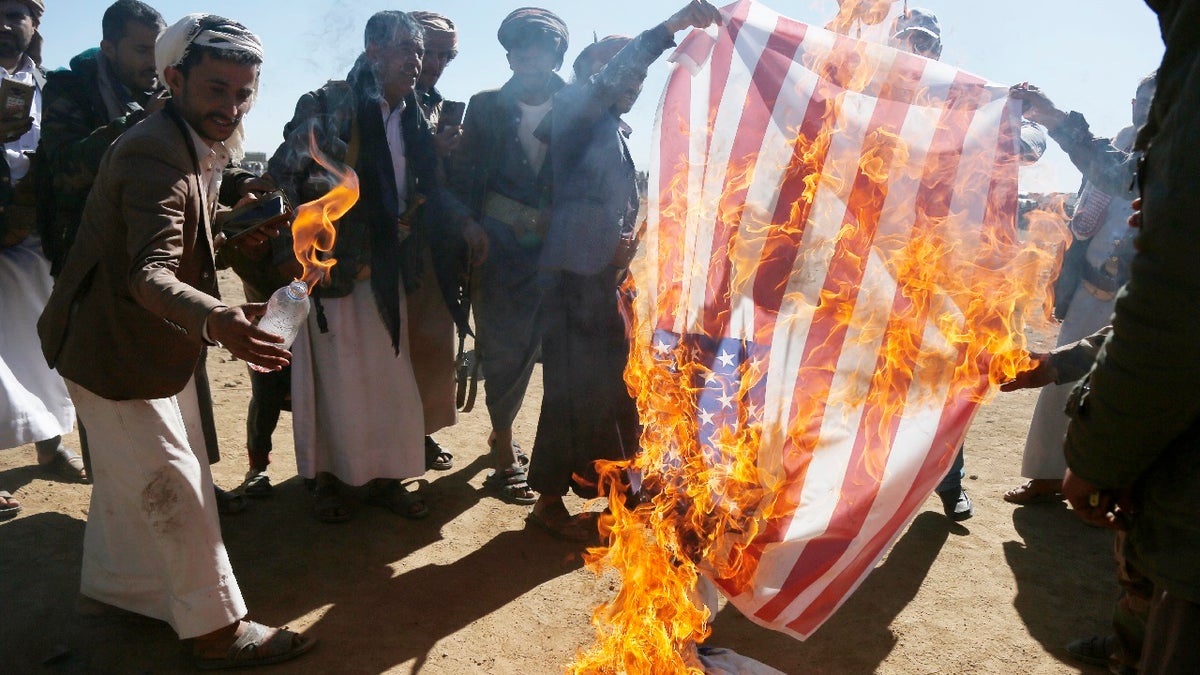
Houthi followers burn the Israeli and American flags on the outskirts of Sana’a, Yemen. (Mohammed Hamoud/Getty Images)
The attacks against shipping are ongoing, and Houthi militants have vowed to continue until Israel ends its campaign in Gaza.
The terrorist group has targeted more than 100 merchant vessels since the start of the Israel-Hamas war in October 2023.
World
Fact check: How deadly was 2024 for journalists?

An estimated 104 journalists lost their lives in 2024, with Palestine the most dangerous territory.
An estimated 104 journalists were killed worldwide over the past year, according to data shared earlier this month by the International Federation of Journalists (IFJ).
Another report by NGO Reporters Without Borders (RSF) puts the figure at 54, but its methodology means it only includes killings that are considered “directly related” to journalists’ professional activity.
Both organisations say that Palestine is the deadliest place on earth for journalists. More than half (55) of the 104 killings reported by IFJ were Palestinian media professionals in Gaza, while a further six were killed in Lebanon.
At least 138 journalists have been killed in Gaza since the war between Israel and Hamas broke out on 7 October 2023, making the country one of the “most dangerous in the history of modern journalism, behind Iraq, the Philippines and Mexico,” according to the IFJ.
Reporters without Borders has described the number of killings in Gaza as “an unprecedented bloodbath”.
Israel firmly denies it has intentionally targeted any journalists, but has recognised some that have been killed in its airstrikes on Gaza.
The 104 total killings reported by the IFJ is a slight decrease on the 129 they reported on in 2023, which is considered the bloodiest year for journalists since 1990.
How do other world regions fare?
Asia Pacific is the world’s second most dangerous region for journalists, after the Middle East, according to the IFJ.
It recorded 20 deaths in the region in 2024, of which 70% happened in the southern Asian countries of Pakistan, Bangladesh and India.
The region has seen an “upsurge” in violence, according to the IFJ, with deaths increasing sharply from the 12 recorded in 2023.
Africa was the third most dangerous region for journalists at eight deaths, five of them in war-torn Sudan.
The number of journalists killed in south, central and north America has dropped sharply over the past two years, from 30 in 2022 to six in 2023, and another six in 2024. Mexico, considered to be one of the deadliest places in the world to do journalism, continues to see “threats, intimidation, kidnappings and murders” against journalists, particularly due to reporting on drug trafficking.
Number of journalists behind bars on the rise
According to IFJ estimates on 10 December, there were 520 journalists in prison across the world, considerably more than in 2023 (427) and 2022 (375).
China, including Hong Kong, accounts for most of journalists behind bars, followed by Israel and Myanmar.
The IFJ says the figures show how “fragile” the independent press is and how “risky and dangerous” the profession of journalism has become.
-

 Politics1 week ago
Politics1 week agoCanadian premier threatens to cut off energy imports to US if Trump imposes tariff on country
-
/cdn.vox-cdn.com/uploads/chorus_asset/file/25789444/1258459915.jpg)
/cdn.vox-cdn.com/uploads/chorus_asset/file/25789444/1258459915.jpg) Technology1 week ago
Technology1 week agoOpenAI cofounder Ilya Sutskever says the way AI is built is about to change
-

 Politics1 week ago
Politics1 week agoU.S. Supreme Court will decide if oil industry may sue to block California's zero-emissions goal
-
/cdn.vox-cdn.com/uploads/chorus_asset/file/25546252/STK169_Mark_Zuckerburg_CVIRGINIA_D.jpg)
/cdn.vox-cdn.com/uploads/chorus_asset/file/25546252/STK169_Mark_Zuckerburg_CVIRGINIA_D.jpg) Technology1 week ago
Technology1 week agoMeta asks the US government to block OpenAI’s switch to a for-profit
-

 Business1 week ago
Business1 week agoFreddie Freeman's World Series walk-off grand slam baseball sells at auction for $1.56 million
-
/cdn.vox-cdn.com/uploads/chorus_asset/file/23951353/STK043_VRG_Illo_N_Barclay_3_Meta.jpg)
/cdn.vox-cdn.com/uploads/chorus_asset/file/23951353/STK043_VRG_Illo_N_Barclay_3_Meta.jpg) Technology1 week ago
Technology1 week agoMeta’s Instagram boss: who posted something matters more in the AI age
-
News1 week ago
East’s wintry mix could make travel dicey. And yes, that was a tornado in Calif.
-
/cdn.vox-cdn.com/uploads/chorus_asset/file/24924653/236780_Google_AntiTrust_Trial_Custom_Art_CVirginia__0003_1.png)
/cdn.vox-cdn.com/uploads/chorus_asset/file/24924653/236780_Google_AntiTrust_Trial_Custom_Art_CVirginia__0003_1.png) Technology2 days ago
Technology2 days agoGoogle’s counteroffer to the government trying to break it up is unbundling Android apps




